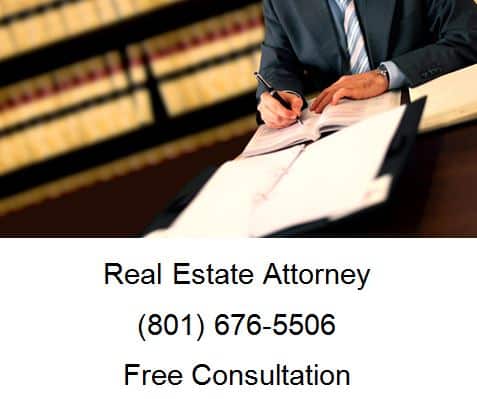
If you rent out residential property to tenants, it’s your legal responsibility to ensure that the facilities are “habitable” by maintaining the plumbing, making sure the heat works in the winter, fixing appliances, and keeping it structurally sound. While heating and plumbing problems should be addressed within 24 hours, less-immediate repairs should be handled within 48 hours. Below, you will learn about these particular landlord duties, including (a) The legal duty to perform necessary repairs and maintenance; (b) What can happen if a landlord fails to carry out these duties; and (c) the requirement to provide notice to tenants prior to entry.
Repairs and Maintenance
In most states, a landlord is required to make sure a rental property is in habitable condition when the tenant first moves in. Also, once the tenant moves in, a landlord is required to make repairs and conduct maintenance to keep the rental property in habitable condition. A habitable property is one that has adequate heating, water, electricity, cleanliness, and is structurally sound. Laws vary from state to state, and even from city to city.
Because of the varying nature of landlord duties, you should be sure to carefully consult local codes regarding rental properties in your state and city. Normally, you can find this information at your local building or housing authority, as well as local health and fire departments.
When a landlord fails to make the necessary repairs or maintenance after receiving a request from a tenant, there could be a number of consequences. First, depending upon your state’s laws, your tenant could elect to withhold all rent until the repair is made adequately. Some states realize that this is pretty harsh and often require the tenant to put the rent money aside in an escrow account that will be released to the landlord once the repairs are made. In addition, your tenant may elect to simply pay less rent until the problem is fixed.
Next, if the landlord fails to repair a problem in a timely manner after receiving notice, the tenant has the option of hiring an outside party to make the necessary repairs. Although the tenant should be reasonable in choosing who to make the repairs, this cost will probably be deducted from their next rent check.
Also, if the problem violates state or local building or health codes, your tenant may decide to contact the local authorities regarding the issue. If inspectors come out and find the problem, you, as the landlord, may be facing an order to fix the problem, plus possible fines and/or penalties.
Lastly, if the problem is pervasive and disturbs the tenant’s right to live in a habitable structure, the tenant may choose to simply move out of the rental unit and end the lease agreement. This could lead to a lawsuit against you as the landlord, called a constructive eviction lawsuit. In order to prevail in this suit, the tenant must be able to show two things. First, the tenant must prove that the uninhabitable conditions were a result of the landlord’s lack of action to fix the problems. Second, the tenant must also show that they left the rental property in a reasonable time. If the landlord cannot put up a strong defense, he may be facing money damages for breaking the lease, emotional and physical stress, and discomfort from the bad conditions.
Notices to Tenants
Most states require that a landlord give notice to tenants 24 or 48 hours before the entry is to take place. However, a landlord can enter a rental property at any time without notice in order to make an emergency repair. In some jurisdictions, landlords can enter a rental property without notice if the tenant is away for an extended period of time, in order to check up on the property and make necessary repairs.
If a landlord breaks this law, they can be subject to a lawsuit by the tenant. Some states provide a tenant with a claim for harassment if their landlord enters the rental property without proper notice and also provide for a monetary fine against the landlord. In Utah, you need to have it spelled out in your lease or provide the notice as required by the Utah Code.
Landlord Lawyer Free Consultation
If you are a landlord and you need legal help, please call Ascent Law for your free consultation (801) 676-5506. We want to help you.
8833 S. Redwood Road, Suite C
West Jordan, Utah
84088 United States
Telephone: (801) 676-5506
Recent Posts
Small Business Owner Liability

